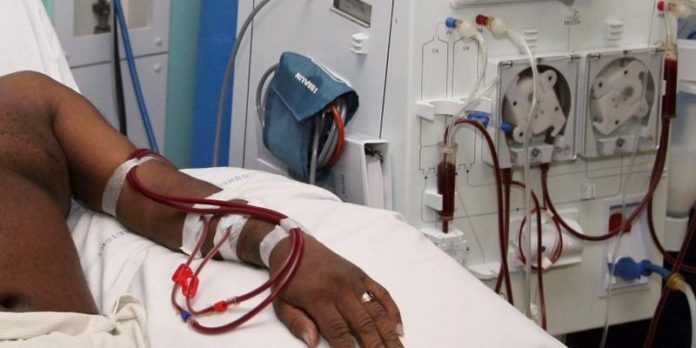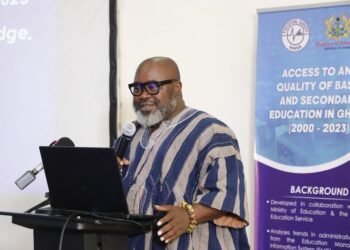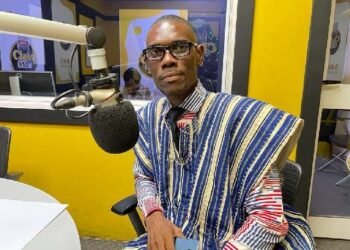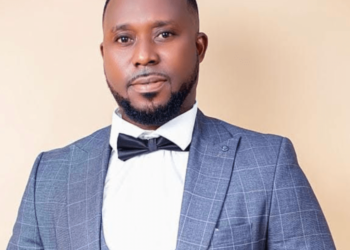In a quiet corner of his room sits 27-year-old Amadu Yahaya — not his real name — once full of hope and ambition for the life that lay ahead.
He had dreams, plans, and an optimistic view of what tomorrow might bring. But as life often reminds us, the future is uncertain, and everything can change in a heartbeat.
Today, those dreams feel more distant than ever. The promising future he once envisioned now seems like a fading illusion, eclipsed by the harsh reality of his current condition.
Clutched tightly in his hands are medical reports confirming that he is battling end-stage kidney failure. His survival now hinges on a kidney transplant — a gift that only a willing donor can offer to breathe life back into his failing body, as he describes it.
Speaking to Vaultz News, Amadu shared the emotional weight of his journey. He admitted that he never imagined he’d be facing such a dire situation, yet he remains cautiously hopeful that something good might emerge on the horizon — that perhaps a new day will come, bringing with it the possibility of healing.
He expressed a wish for a structured and legally backed organ market — one where he could be tested for compatibility and make arrangements for a transplant without navigating a maze of uncertainty. His family, he noted, is prepared to procure a kidney if it were available through transparent, legitimate means.
“Going through dialysis is financially draining. I just wish there was an open market backed by law that we could get kidneys for transplanting so to save my family over the plenty of money we are putting on the three times weekly dialysis that I will have to be doing week in week out”.
Amadu Yahaya
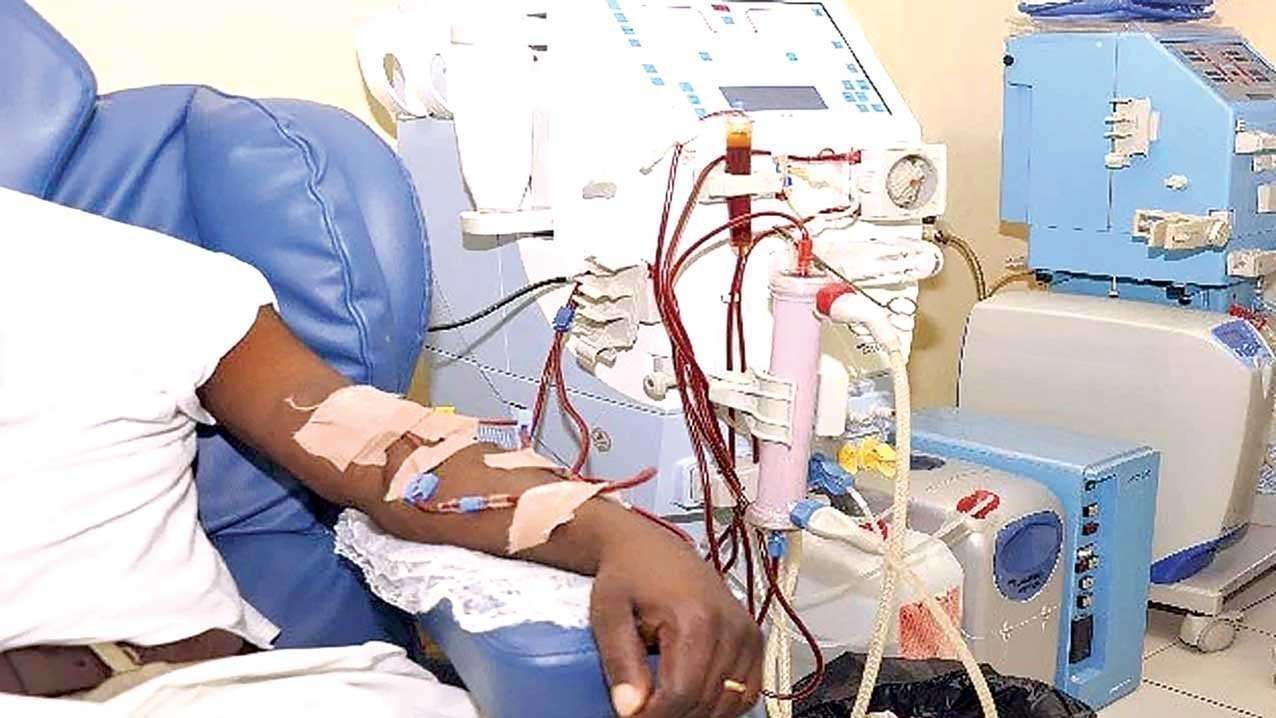
Although Global Sustainable Development Goal 3 aims to achieve “Good Health and Wellbeing” by promoting healthy lives for all by 2030, Mr. Yahaya doubts this vision can be fully realized — at least in Ghana — if the country lacks a dedicated facility where individuals can access kidneys for transplant when needed.
“If I am going to calculate what we have spent so far, we could have used that to acquire a kidney for transplant to save us the cost of the expenditure we have incurred so far after discovering my health status some months ago.”
Amadu Yahaya
Mr. Yahaya’s quest opens up a conversation on whether or not there should be legislation backing the harvesting of kidneys, subject to the consent of willing donors and members of deceased families who wish to donate their kidneys after they have passed on.
Cost, A Key Barrier to Kidney Transplants in Ghana
A 2021 study by the National Library of Medicine on the willingness of kidney patients to pay for transplants revealed that 90 out of 342 participants — approximately 26.3% — were ready to pay the full transplant cost of $17,550.
Meanwhile, around 66.7% expressed willingness to pay a lower amount, and just 6.7% were entirely unwilling to pay.

These findings suggest that if the government were to pass legislation supporting voluntary kidney donation and subsidize transplant costs, patient willingness to undergo the procedure could significantly increase due to enhanced affordability. Currently, kidney transplants on the market range between $19,000 and $25,000.
Although Amadu Yahaya is open to paying for a transplant, the current lack of legal and structural support for voluntary donation continues to be a major barrier for patients like him.
MP Calls for Organ Harvest Law and Public Education
Weighing in on the proposal for legislation to support kidney harvesting, Member of Parliament for the Nabdam Constituency in the Upper East Region, Hon. Mark Kurt Nawaane, described it as a step in the right direction.
However, he emphasized the need for a coordinated and deliberate effort to draft a comprehensive bill that can be tabled before Parliament for proper debate and potential passage.

“I am on the health committee now, and we are ready to look at it. Once it comes to our table, we are ready to work on it and ensure that we are crafting the law. We must start from somewhere and make sure that we get the law because, alongside getting the law, will be the education.
“For it not to be abused, because there is always room for abuse, we need to look at the laws and put the laws in place. …Or in the course of putting up the laws, we will carry out the education alongside. I am saying this because in some countries people have practically killed people to get these vital organs.”
Hon. Mark Kurt Nawaane
He went on to explain that while Ghanaian medical professionals are fully capable of performing kidney transplants, a crucial component of the process — testing for donor-recipient compatibility — is not conducted locally. Instead, these tests are typically carried out in Europe, significantly driving up the overall cost of the procedure.
This financial barrier, he noted, often leaves end-stage kidney patients unable to afford transplants, forcing many to depend on dialysis as a temporary solution until their condition worsens.
The situation is even more disheartening for patients like Yahaya, who, despite having the means to pay, are unable to find a compatible match — let alone secure a kidney.
Accordingly, Yahaya offered a word of caution to young people, urging them to be more mindful of their dietary choices.
“Not everything edible is safe,” he warned, stressing that poor dietary habits can have serious consequences if not carefully managed.
He also encouraged the public to take proactive steps toward personal wellness by making routine hospital visits for medical checkups at least once or twice a month.
Regular monitoring, he said, can help detect health issues early and prevent surprises like the one he is now facing.
Currently, Ghana lacks a comprehensive legal framework to guide organ harvesting, as well as a designated medical facility where essential organs like kidneys can be legally and ethically acquired for transplant.
Until such structures are in place, patients like Amadu will have no choice but to depend on dialysis to stay alive.
READ ALSO: Atuahene Demands Overhaul of Ghana’s “Exploitative” Gold Agreements

